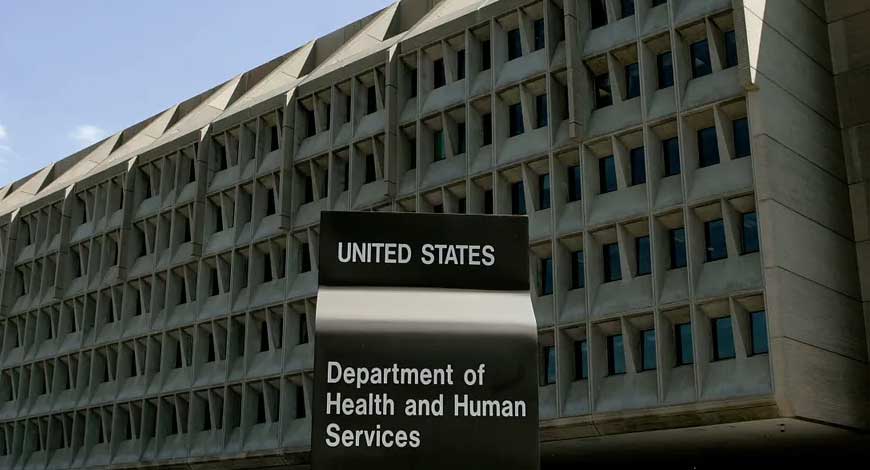Ten hospitals have filed a lawsuit against the U.S. Department of Health and Human Services for alleged underpayment for treating low-income patients. These hospitals serve an irregularly high number of low-income patients and have been impacted by a new bill that has been passed.
The lawsuit they filed states that under a rule that was passed in 2023, they will lose out on billions of dollars in reimbursements for the treatment they have done. More specifically, under the 2023 rule, HHS will count days spent in the hospital by low-income assisted patients the same as those with traditional Medicare. This will drastically reduce reimbursements to hospitals that serve higher numbers of low-income patients, they allege.
The rule retroactively applies to the years 2004-2019. This new change was in response to a 2019 Supreme Court ruling that stopped HHS from making a similar rule change back in 2004. This lawsuit follows two others made by disproportionately impacted hospitals.
The first was filed by more than 200 hospitals, who claim that they are also being shorted by HHS based on how the proportion of patients eligible for government benefits has affected them. The other case was filed by 80 disproportionate share hospitals and also covers similar issues related to changes to HHS calculations of reimbursement for low-income patient care.
With a lower amount of reimbursement, many of these hospitals will likely close within a few years, continuing to impact the lack of care in low-income communities.




